Why The Humanities Still Have Purpose

The humanities have much to offer to professionals in every field, from science to law to finance—if only their defenders knew how to make a convincing case to the general public. Donald Drakeman’s new book offers several approaches to making that case.
Constitution 101: A Lesson for Donald Trump

The American Founders understood that good government requires judicious “rigging.” Such rigging is only “crooked” if one wrongly assumes that consent alone is a sufficient condition for justice.
Renting Wombs is a Human Wrong, not a Human Right

The Council of Europe has rejected a report recommending the legalization of surrogacy. This decision is a victory for human rights: Despite arguments that surrogacy is “compassionate,” its history of contentious litigation and documented human rights abuses make clear that it is a grave wrong.
Why Governments Haven’t, and Shouldn’t, Recognize Polygamy

Despite the example set by the Biblical patriarchs, Western societies have traditionally outlawed polygamy, for reasons both religious and secular. In his recent book, John Witte Jr. gives a history of the arguments for and against polygamy, making a compelling case that polygamy should not be recognized today.
Federal Courts, Government Agencies, and Transgender Bathroom Policy
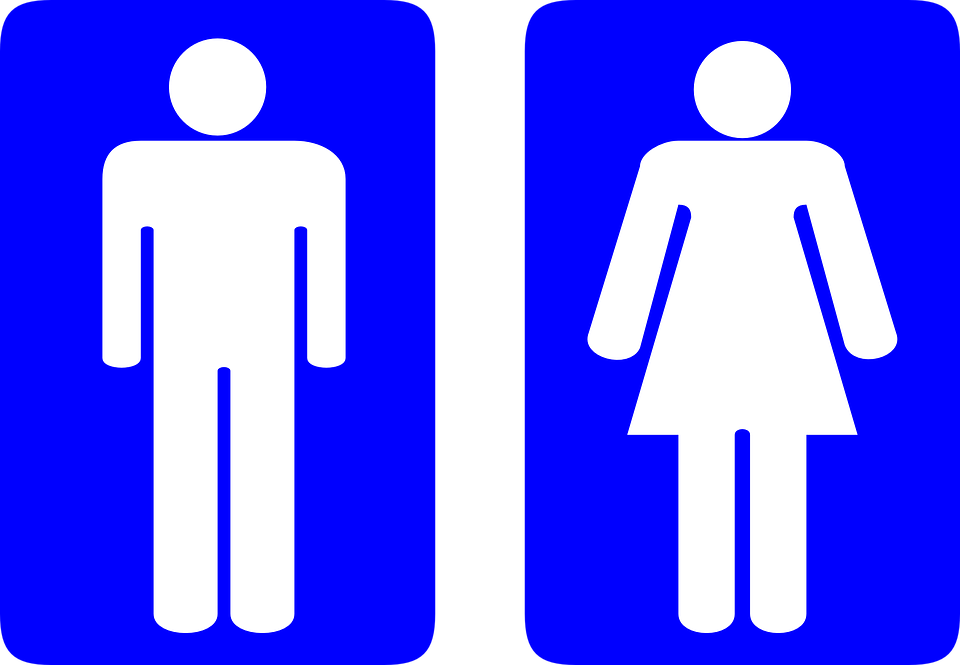
A federal court has said a student’s subjective understanding alters the meaning of an unambiguous, federal law. And it alters the meaning of the law for everyone in the Gloucester County school district and, potentially, everyone who resides in Maryland, Virginia, West Virginia, North Carolina, and South Carolina.
The Bard, the Bathroom, and the Common Good: Shakespeare’s Timeless and Timely Political Thought

Whether we discuss the nature of marriage or the rules governing bathroom use, Shakespeare calls on us to remember who we are as human beings and how our nature should be reflected in our society’s mores and laws.
What’s Wrong With Rights?

Rights in the modern world are meaningless, existing only at the will of a sovereign lawmaker. A return to “perfectionist jurisprudence,” in which rights are derived from plural authorities, at least some of which are higher that the human sovereign, and constructed on genuine human goods, would restore the structural integrity and normative currency of human rights.
The Ideological Diversity of the Pro-Life Movement

Daniel K. Williams’s Defenders of the Unborn offers an in-depth history of the pro-life movement in the years before and after abortion’s legalization. Williams does his readers a great service by highlighting the ideological diversity of pro-life activists throughout the movement’s history.
Inside the Refugee Crisis: Following Iraqis in Jordan

At the heart of the international refugee crisis are political realities we are so far unwilling to acknowledge. Iraqi refugees wait in Jordan, powerless and running out of money and options, holding on to the hope that passage to the US or Europe will somehow materialize.
Just War Theory Isn’t Obsolete

Modern warfare may have vastly increased the scale, but the traditional criteria for just war remain sound, especially in helping leaders avoid the false extremes of cynical realism and idealistic pacifism.
Media Gush over New Study, Only to Find Same-Sex Parents More Irritated with Their Children

The social science on same-sex households with children isn’t settled. It’s just plain unsettling.
“Shut Up, Bigot!”: Civil Rights and Same-Sex Marriage

Supporters of “same-sex marriage” claim that its opponents are bigots, like racists or misogynists, whose views should not be tolerated in the public square. In fact, marriage traditionalists are not bigoted but rather are realistic and honest about what marriage actually is.
North Carolina’s Bathroom Bill and the Constitution

North Carolina’s state legislature recently passed HB2, requiring governmental bathrooms and locker rooms to be separate based on biological sex. Despite LGBT activists’ insistence that hateful animus against transgender people motivates this law, in reality the law does not discriminate against LGBT people any more than it does against other special classes, and instead offers a reasonable balancing of conflicting privacy interests.
Constitutional Conservatism: Its Meaning and Its Future
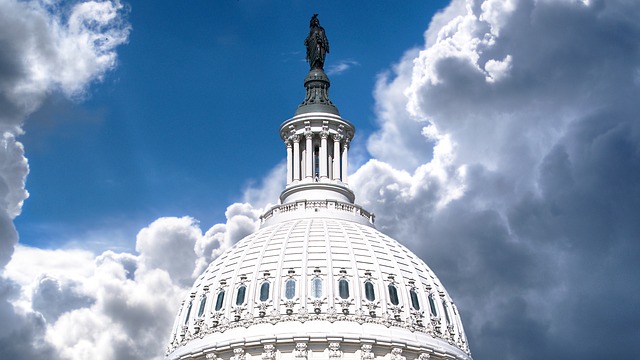
The project of constitutional conservatism must be about more than restoring limits on government. It must also invoke the ends of the American experiment in ordered liberty if the United States is to resist the siren-calls of egalitarianism and populism.
Aristotle Explains the Trump Phenomenon
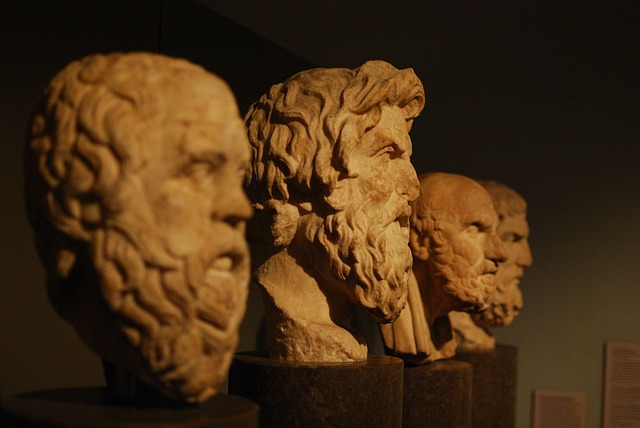
Aristotle’s discussion of factional conflict in his Politics gives historical insight into Donald Trump’s meteoric rise to political popularity. Ordinary Americans are acting in defense of their perceived economic interests and against the reign of political correctness.
Is Speciesism like Racism and Sexism?

Defending the position that human beings have a special dignity because of their rational nature does not in any way imply that non-rational animals are not also deserving of a certain respect and appropriate treatment. While racism and sexism are moral evils, so-called “speciesism” is not morally wrong and cannot be compared to them.
IVF, Designer Babies, and Commodifying Human Life

IVF has created more problems than it has solved, especially helping to create the mindset that human life is a commodity to be used and manipulated. This mindset has been instrumental in paving the way for the approval of research involving the genetic modification of human embryos in the UK, research poised to usher in a host of ethical and legal issues we can only begin to imagine.
Moral Complicity at Court: Who Decides?
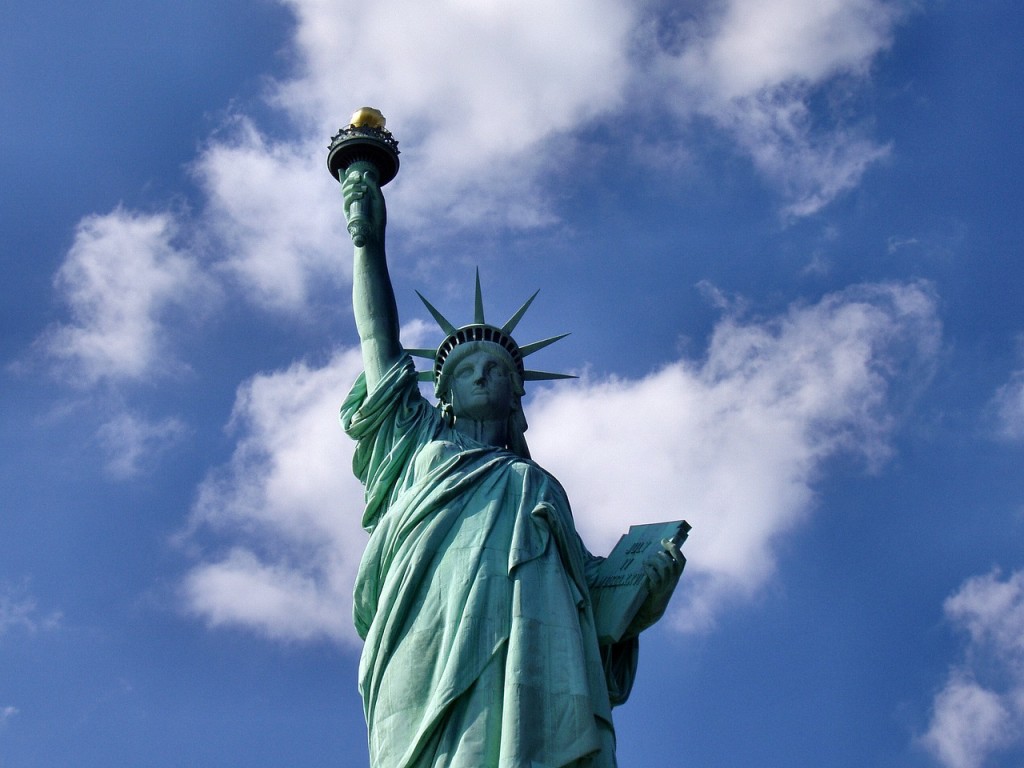
American history is rife with examples of conscientious objectors whose right to religious freedom was respected, even if it conflicted with governmental interests. The Little Sisters of the Poor deserve the same respect, and all Americans who value religious liberty have the duty to stand with them.
Freedom to Change Your Life: Why the Government Shouldn’t Ban “Reparative Therapy”
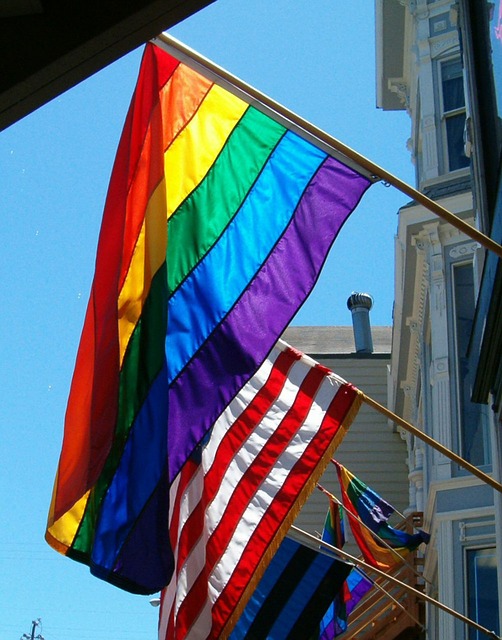
The Southern Poverty Law Center and other LGBT organizations seek to end civil rights for people with same-sex attractions who freely desire therapy rather than to continue in their current lifestyle. Equality in civil rights demands that no one should be unjustly stripped of their lawful, rightful access to effective therapies.
A Sporting Difference: On Men’s and Women’s Athletics

Despite current efforts to level the playing field between men and women in every area, the differences between men’s and women’s professional and collegiate sports make clear that some inequalities are unavoidable. With strength and speed as the factors governing success, men’s athletics will always be more popular.
Sovereign Debt Crises, Justice, and State Authority

The significance of sovereign debt crises goes beyond economics. How we address these situations gives important insight into our understanding of the nature and limits of state authority.




